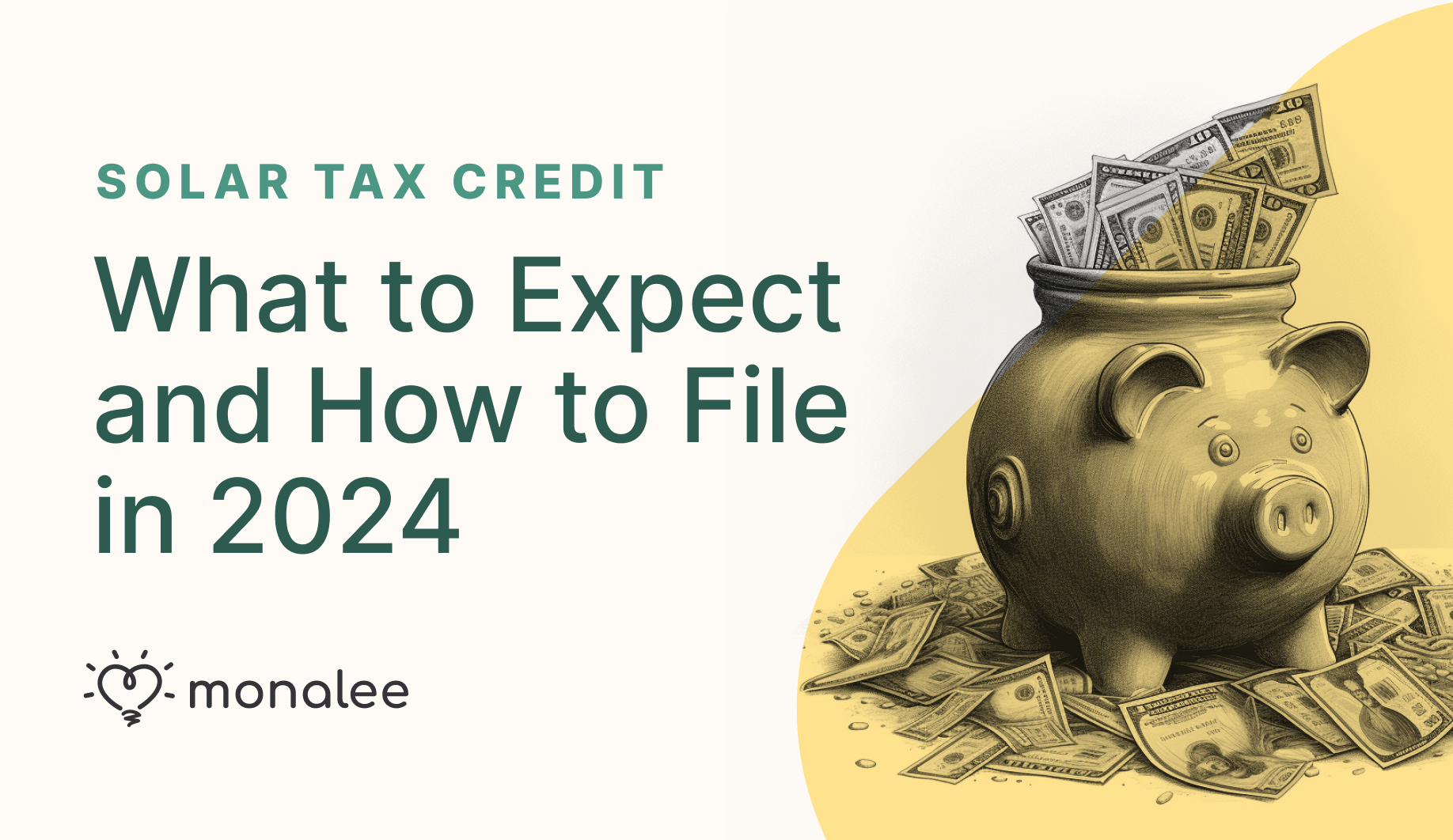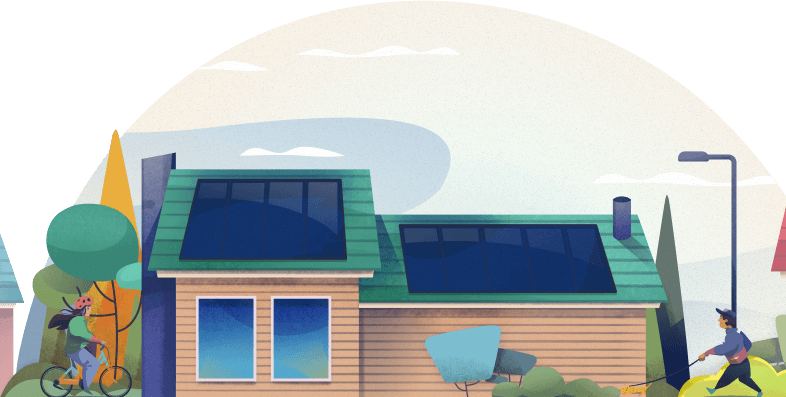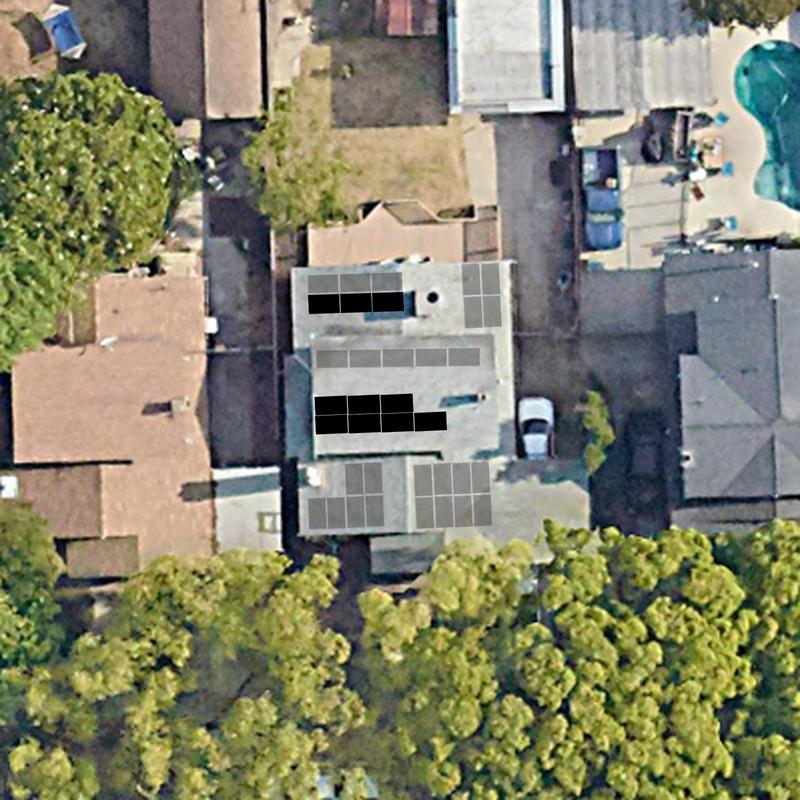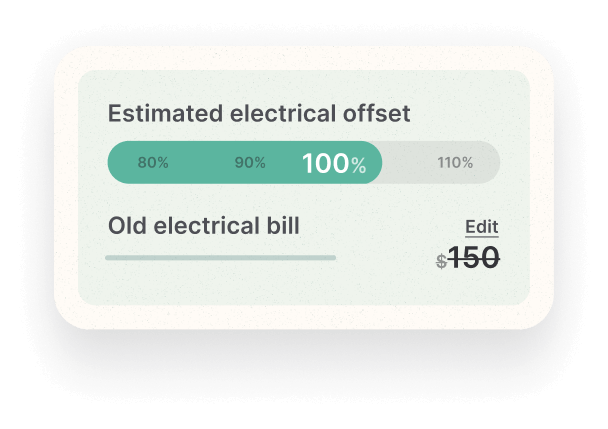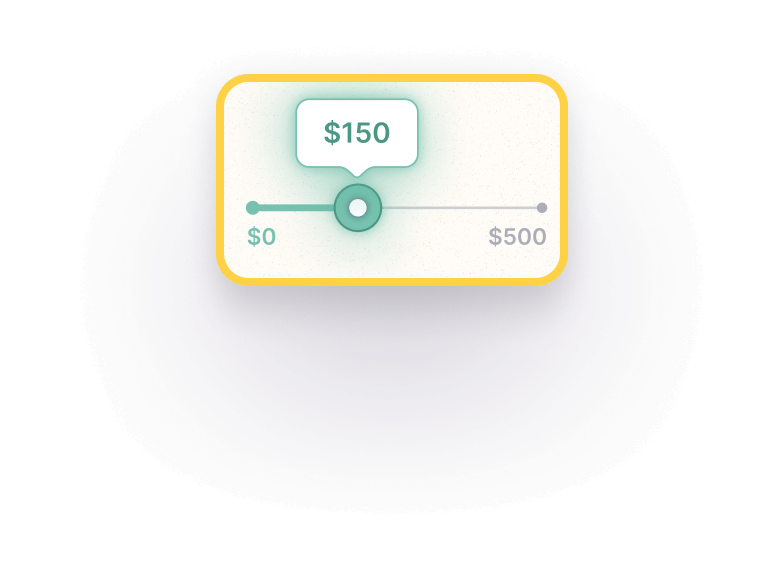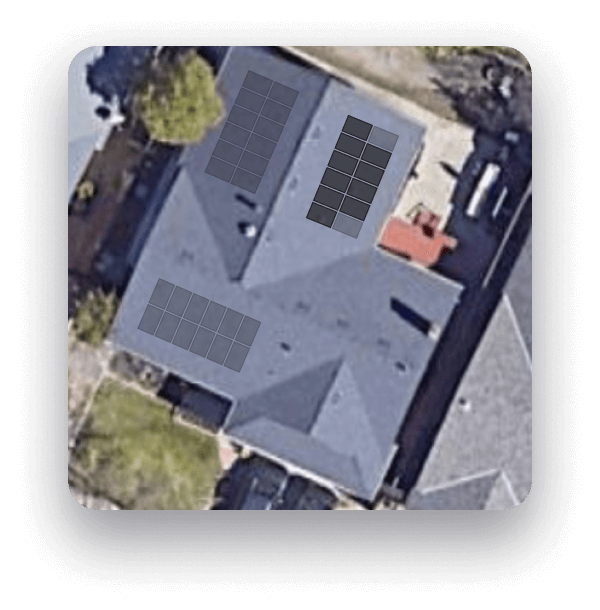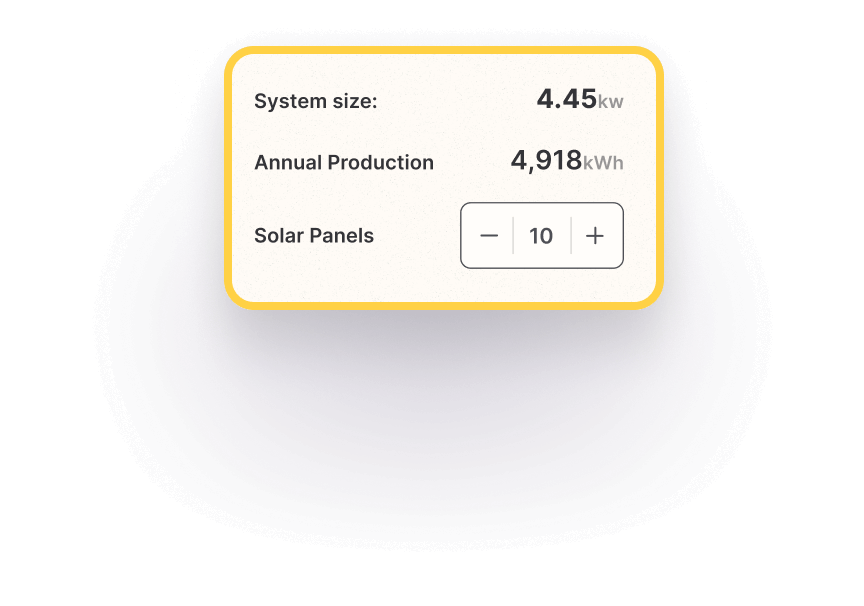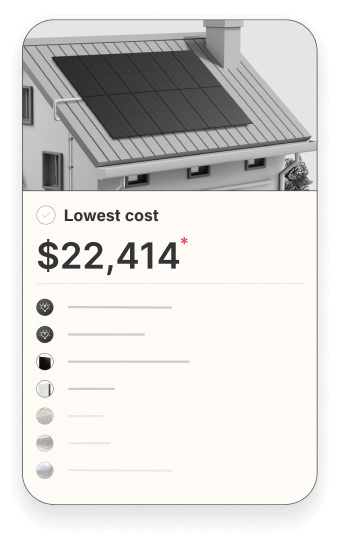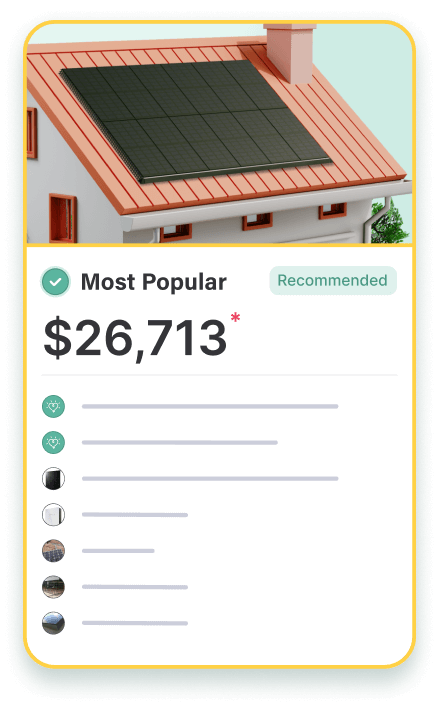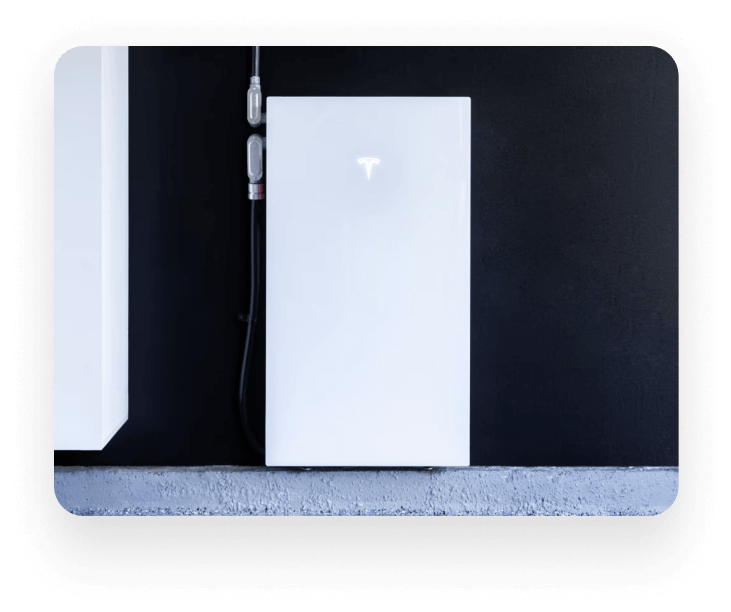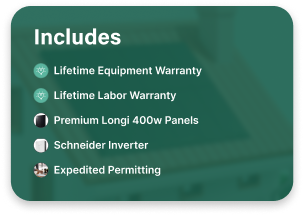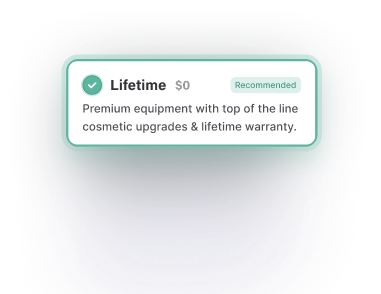As rates continue rising, here are a few ways to keep your electric bill as low as possible.
It’s no secret that electricity rates are on the rise. According to the Wall Street Journal, electricity prices are up 29.4% since January 2021 and have risen 13 times faster than the previous seven years. At just shy of 30%, this increase is about 50% higher than the overall inflation rate. It’s worth noting that gasoline prices have also soared to a six-month high, bringing the average cost per gallon to $3.60 (at the time of publication).
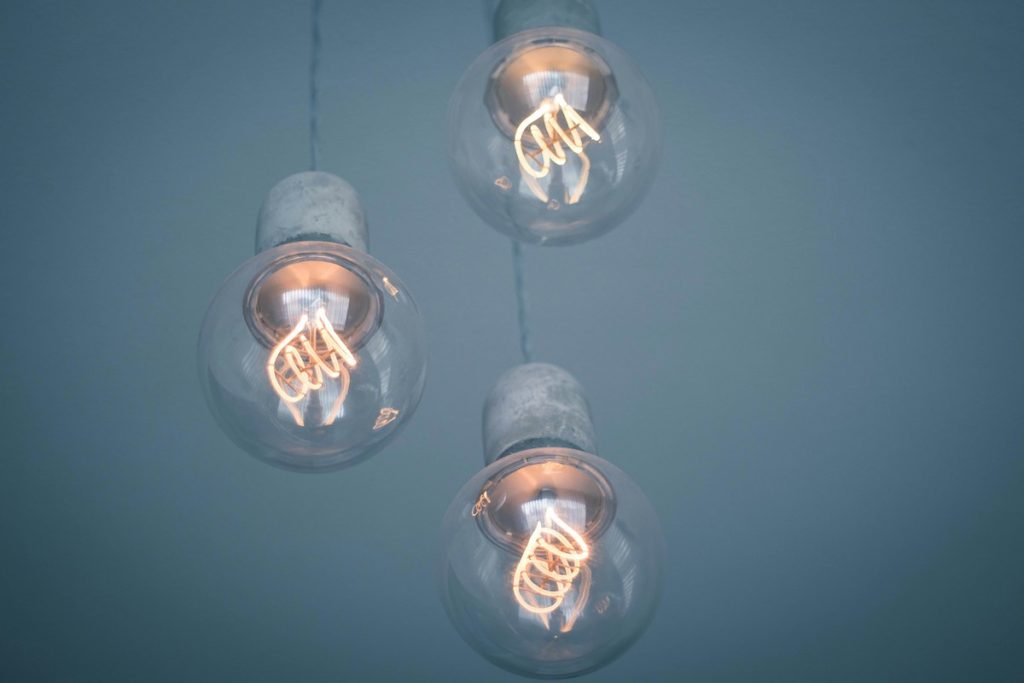
Why are rates increasing?
There are several factors contributing to the increase, many of which are largely out of our control.
Supply chain delays
The economy definitely took a hit during the pandemic, and many industries are still recovering. With millions of Americans now working from home, daily energy needs have risen. Supply chain delays are improving but still have a ways to go.
Geopolitical conflicts
The war between Russia and Ukraine has also created an increase in household energy costs, largely due to our dependence on fossil fuels. This is true for travel, too. Airfare is considerably higher now than it was before the war started.
Increased consumption
In general, people have higher energy needs now than they did a couple of years ago, and higher energy consumption equals higher pricing. The demand for energy has increased and utility companies are driving up rates as a result.
Extreme weather conditions
Climate change continues to accelerate what many consider extreme weather events, and this has a profound impact on the local grid. Earlier this year, power cuts left thousands and Texas residents without power for days.

What states are affected most?
California, in particular, has been hit hard. At the start of the year, Pacific Gas and Electric Co. increased residential electricity rates by about 20-percent. That price increase set homeowners back $34.50 each month. On top of that, California has experienced higher frequency (and length) of power outages in recent years.
New York is another state that is being impacted by the rate increase. Last year, both NYSEG and RG&E customers saw major changes in their monthly utility bills. NYSEG’s approved rate increases include 22.1% for electric use and 6.1% for gas over three years, as reported by Democrat & Chronicle. For RG&E customers, they’re looking at an increase of 16% for electric and 10.9% for gas over the same time period.
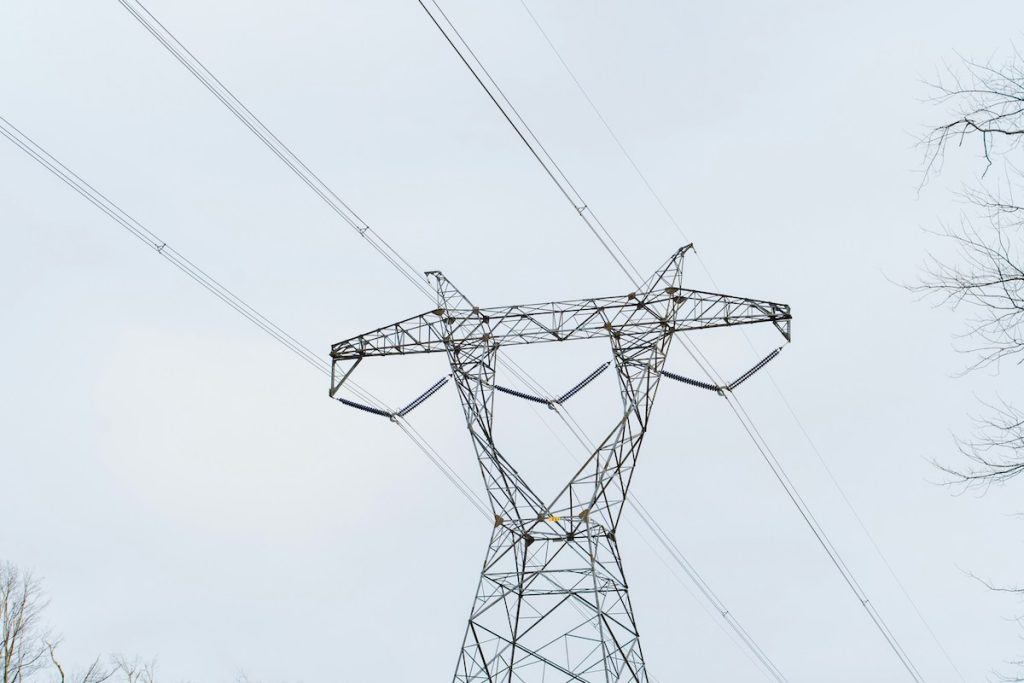
How to keep electricity costs low amid surges
While price surges are likely to continue, there are a few things you can do to keep costs low.
Run your home on solar
Running your home on solar energy increases its value by 4.1-percent on average. Several factors come into play here, including the city/state of the house, electricity rates, and the efficiency of the solar system. Aside from offsetting your electricity bill and gaining energy independence, solar panels give a home a sleek and modern appearance, which is important for many buyers in today’s market.
Invest in an electric vehicle
While electric cars aren’t for everyone, it is one way to combat gasoline price increases. To get started, you need an active solar panel system, an inverter, and a level 2 EV charger. For most homeowners, adding 5-8 solar panels to an existing system will yield enough energy to fully power one’s home and their electric vehicle. While this is a good baseline estimate, it’s important to remember that energy needs vary depending on where you live and your unique energy needs.
Replace old equipment
One of the easiest ways to increase the value of your home is to invest in energy-efficient appliances. The more energy-efficient a home is, the more money the homeowner will save in monthly utility costs. In the summer season, they can really help keep your electricity bill down by maintaining a slightly warmer temperature when you’re out of the house and then cooling it down once you’re back.
Buy smarter light bulbs
Swapping incandescent light bulbs for LED light bulbs is a smart way to lower your monthly electricity bill over time. They cost as little as $5 and are sold at most home improvement stores. LED lights are significantly more energy efficient in that they use up to 85% less energy to deliver the same amount of light as incandescent bulbs. Even if you light a room for eight hours a day, these energy-efficient bulbs can last more than 17 years.
Check for poor insulation
If your air conditioning is blasting at full force but you still feel hot, insulation might be an issue. Cracks and other small openings are most commonly found near doors and windows, so that’s a good place to start. Hover near these areas with a lit candle and see if the flame flickers. That’s usually a telltale sign that air is escaping. Holes are easy to seal and should allow you to use less energy to heat or chill your home.
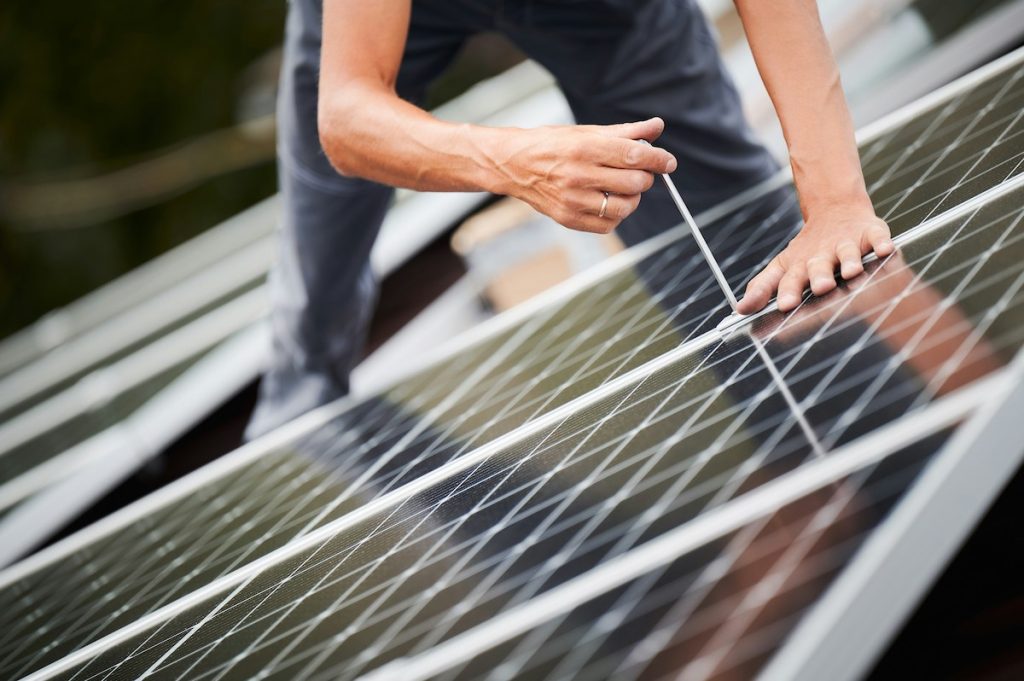
In Conclusion
Electricity rates are at an all time high, with no signs of slowing down. Switching to solar is the best long-term solution to rising rates, and many systems ultimately pay for themselves in as little as 5-7 years (with Monalee’s competitive offering). Swapping out old or faulty equipment as well as sealing up holes and cracks causing poor insulation are small ways to lower your monthly utility bill.




